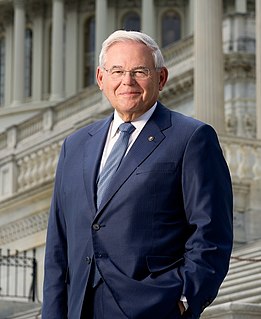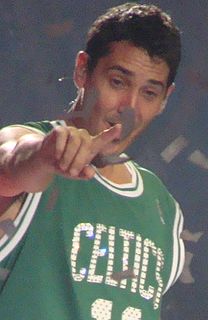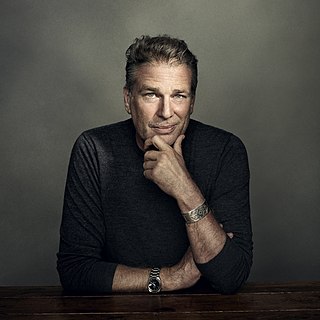A Quote by Anupam Kher
I had spent many days hungry; had slept on railway stations at times because I did not have money to pay for a hotel room... there were moments when I felt I had compromised my dignity as a human being and as an actor.
Related Quotes
Once I knew the City very well, spent my attic days there, while others were being a lost generation in Paris, I fledged in San Francisco, climbed its hills. slept in its parks, worked on its docks, marched and shouted in its revolts~ It had been to me in the days of my poverty and it did not resent my temporary solvency.
Towards the end of Coexist, we had a couple of short tours where, although we were on the road together, we weren't speaking very much. We were there to do a job, and once the show was done we'd go our separate ways to our hotel rooms. Those were some of my unhappiest moments. Stepping offstage and, within an hour, being in a hotel room alone is the most crazy feeling. I don't know how to really explain it. I felt just lost and confused. It's anticlimactic and you just feel really lonely.
I've had days here and there where I would get discouraged because I wasn't a big star, but I've made a living ever since I was 27. Not a great living, but enough for me. I think actually being able to pay my rent and eat and perform is enough, and I did that for many years. Then I had some good years in there, too, where I made pretty good money.
In those days, in 80th, people were really hungry for information - and, somehow, I had pretty good access because I had friends in London, New York, Los Angeles, everywhere. I'd been visiting many places and talking with people, so I had a constant flow of new info. I sometimes did articles for magazines and things, and people started to say, "If you want to know what's going on, ask Hiroshi." So that was the beginning with Goodenough.
Dena had always been a loner. She did not feel connected to anything. Or anybody. She felt as if everybody else had come into the world with a set of instructions about how to live and someone had forgotten to give them to her. She had no clue what she was supposed to feel, so she had spent her life faking at being a human being, with no idea how other people felt. What was it like to really love someone? To really fit in or belong somewhere? She was quick, and a good mimic, so she learned at an early age to give the impression of a normal, happy girl, but inside she had always been lonely.
I did not want to be mistreated, I did not want to be deprived of a seat that I had paid for. It was just time… there was opportunity for me to take a stand to express the way I felt about being treated in that manner. I had not planned to get arrested. I had plenty to do without having to end up in jail. But when I had to face that decision, I didn't hesitate to do so because I felt that we had endured that too long. The more we gave in, the more we complied with that kind of treatment, the more oppressive it became.




































